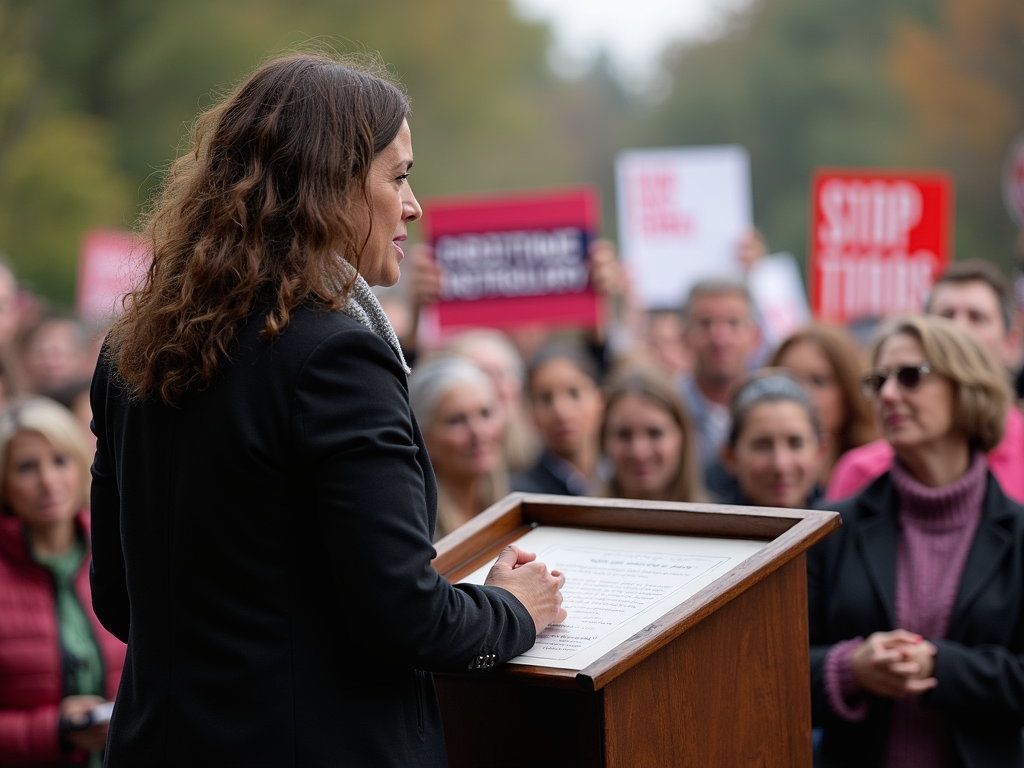Best Practices in Advocacy Volunteering: Tips for Effective Change-Making
By , May 1, 2025
Advocacy volunteering is a powerful way to drive change and support causes you care about. Whether you’re passionate about environmental conservation, social justice, or community development, effective advocacy can amplify your impact. This article explores the best practices in advocacy volunteering, offering insights and tips to help you become a more effective advocate. From understanding your cause to building relationships and communicating effectively, these practices will guide you in making a meaningful difference.

Understand the Cause
To be an effective advocate, you need to deeply understand the cause you’re supporting. This means going beyond surface-level knowledge and diving into the details. Here’s how you can do it:
- Research thoroughly: Read books, articles, and reports from different perspectives. Stick to trusted sources and keep an open mind.
- Engage with experts: Join webinars, workshops, or talks about your cause. Ask questions and listen to those who know more.
- Connect with affected communities: Talk to people impacted by the issue. Their stories give you real insight and fuel your passion.
- Stay updated: Follow news, social media, and groups tied to your cause. This keeps you in the loop on what’s happening.
When I volunteered for a campaign to cut plastic waste, I spoke with local shop owners and neighbors. Hearing their struggles helped me shape a message that worked for everyone.

Build Relationships
Advocacy isn’t a solo job—relationships make it stronger. Connecting with others boosts your efforts. Try these steps:
- Join advocacy groups: Find local or online groups that match your interests. Getting involved introduces you to people who care about the same things.
- Attend events: Show up at meetings, rallies, or gatherings linked to your cause. It’s a chance to meet others and learn.
- Reach out to influencers: Contact leaders or decision-makers politely. Share your ideas and ask for their input or support.
- Offer your skills: Give your time or talents to help other advocates. It builds trust and shows you’re serious.
I learned this firsthand at community meetings. Showing up regularly led to friendships and allies who backed our projects. Being real and listening well made all the difference.

Develop Communication Skills
Good communication can make or break your advocacy. You need to share your message in a way that clicks with people. Here’s what helps:
- Listen actively: Focus on what others say and show you get it. This builds trust and opens doors.
- Tell stories: Share real experiences that show why your cause matters. People remember stories more than facts alone.
- Know your audience: Adjust how you talk based on who’s listening—leaders, neighbors, or reporters.
- Keep it simple: Skip fancy words. Say it straight so everyone understands.
- Back it up: Use facts or examples to prove your point. It makes your message stronger.
Once, I spoke at a town hall about affordable housing. I practiced a lot and got advice from friends. That prep helped me hit home with the crowd.

Be Organized and Strategic
Advocacy works best when you’ve got a plan. Staying organized keeps you on track. Here’s how to do it:
- Set SMART goals: Make them Specific, Measurable, Achievable, Relevant, and Time-bound. It gives you a clear target.
- Make a plan: List the steps to reach your goals, with deadlines and tasks for everyone.
- Share the work: In a team, give jobs based on what people are good at.
- Check progress: Look at how you’re doing often. Change things if needed.
- Celebrate wins: Cheer for the small steps forward. It keeps everyone going.
During a voter registration push, we aimed to sign up 500 people in three months. Breaking it into weekly goals and splitting tasks got us there early.

Practice Self-Care
Advocacy can wear you out. Taking care of yourself keeps you in the game. Try these:
- Take breaks: Step away now and then to rest. A walk or time with friends can recharge you.
- Talk it out: Share your highs and lows with people you trust. It lightens the load.
- Set limits: Don’t take on too much. Saying no is okay when you need to.
- Enjoy successes: Give yourself a pat on the back for what you’ve done. It lifts your spirits.
After a tough campaign, I took a weekend off to unwind. Chatting with my team about what we’d accomplished kept me motivated.
Summary
Advocacy volunteering lets you support what matters to you. By knowing your cause, connecting with others, speaking well, planning smart, and staying healthy, you can make a real difference. Every step forward counts in this rewarding journey.